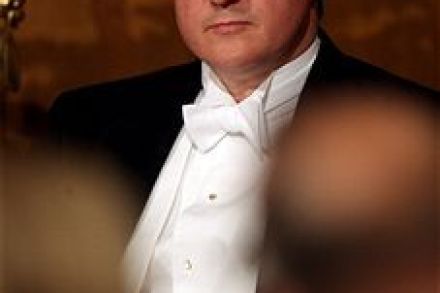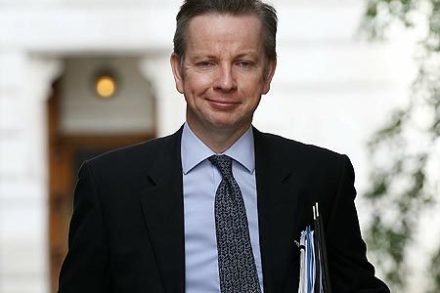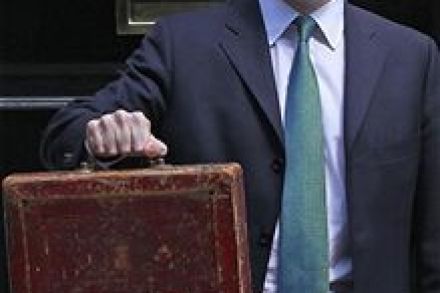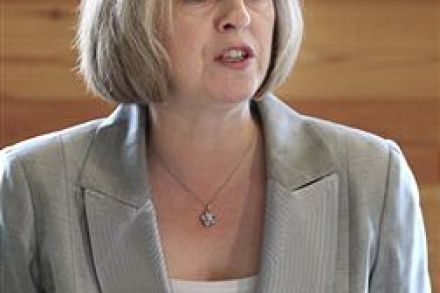Council gorillas get on the buses
The cold war in Britain’s localities is warming up. Buried in the Telegraph and the Financial Times is the news that councils are cutting local bus services, and central government is being apportioned blame. An organisation called Better Transport has launched a campaign titled Save Our Buses. It claims that straitened councils have been forced to shed £34 million from the subsidised funding of local buses; 70 percent of routes have been affected so far. This is a prime example of local government conniving to avoid responsibility for spending contractions. With adroit calculation, councils bastardise vital services to inconvenience those they represent. Local bus routes are a necessity, particularly



















